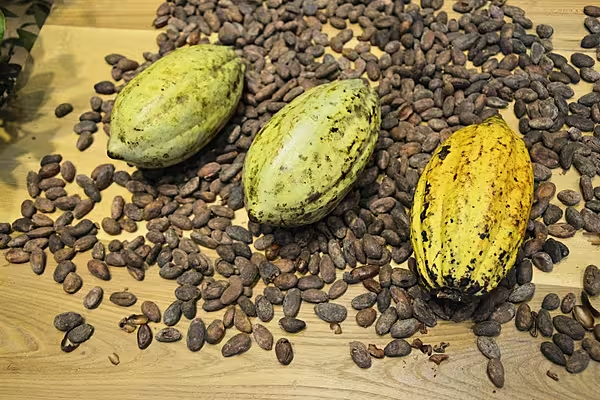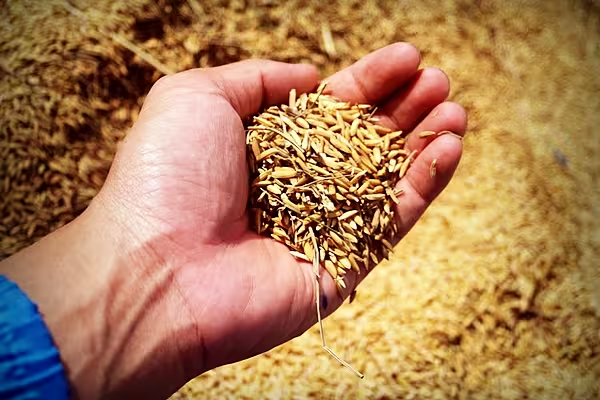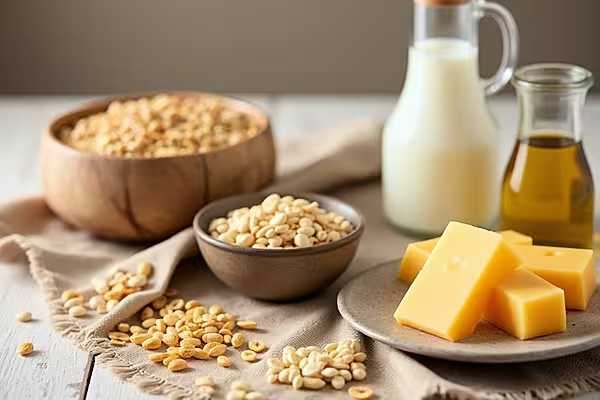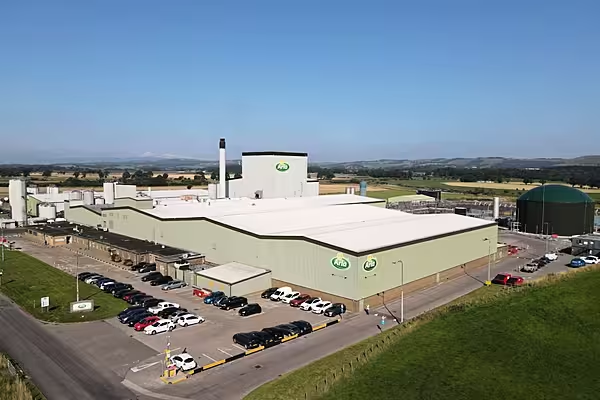Cocoa, last year’s best-performing commodity, has already erased its 2015 gain.
Better-than-expected supplies from West Africa, prospects for sluggish chocolate demand and a broader commodity-market sell-off have helped send cocoa down 11 per cent since the start of the year on ICE Futures US in New York. Prices recently touched an eight-month low.
The slide has wiped out last year’s 10-per-cent increase in cocoa, which had been the best performance among all 24 raw materials on the Standard & Poor’s GSCI Spot Index.
“The whole macro outlook is much more bearish,” Carlos Mera Arzeno, an analyst at Rabobank International in London, said by phone. “In the next year, we’re looking for a big surplus of cocoa, with demand rather constrained.”
Cocoa futures for March delivery fell 1.1 per cent to $2,869 a metric tonne. Prices have fallen every trading day but one this year. The corresponding contract in London lost 0.7 per cent to £2,053 ($2,964) a tonne. London futures are down 9.1 per cent in 2016, after gaining 14 per cent last year.
Cocoa deliveries to ports in Ivory Coast, the world’s biggest producer, have been larger than some analysts expected, Mera said, even though they’re trailing last season’s pace by about 9.5 per cent. The European Cocoa Association is set to release quarterly grinding figures imminently, which may show demand slower than average for this time of year, a Bloomberg survey showed.
In other markets, raw sugar for March delivery rose 0.3 per cent to 14.19 cents a pound in New York, while the comparable London contract lost 0.2 per cent to $414.10 a tonne.
Arabica coffee was little changed in New York, at $1.144 a pound, after recently plunging to the lowest since January 2014. Robusta futures for March delivery dropped 0.6 per cent to $1,436 a tonne in London.
News by Bloomberg, edited by ESM. To subscribe to ESM: The European Supermarket Magazine, click here.











